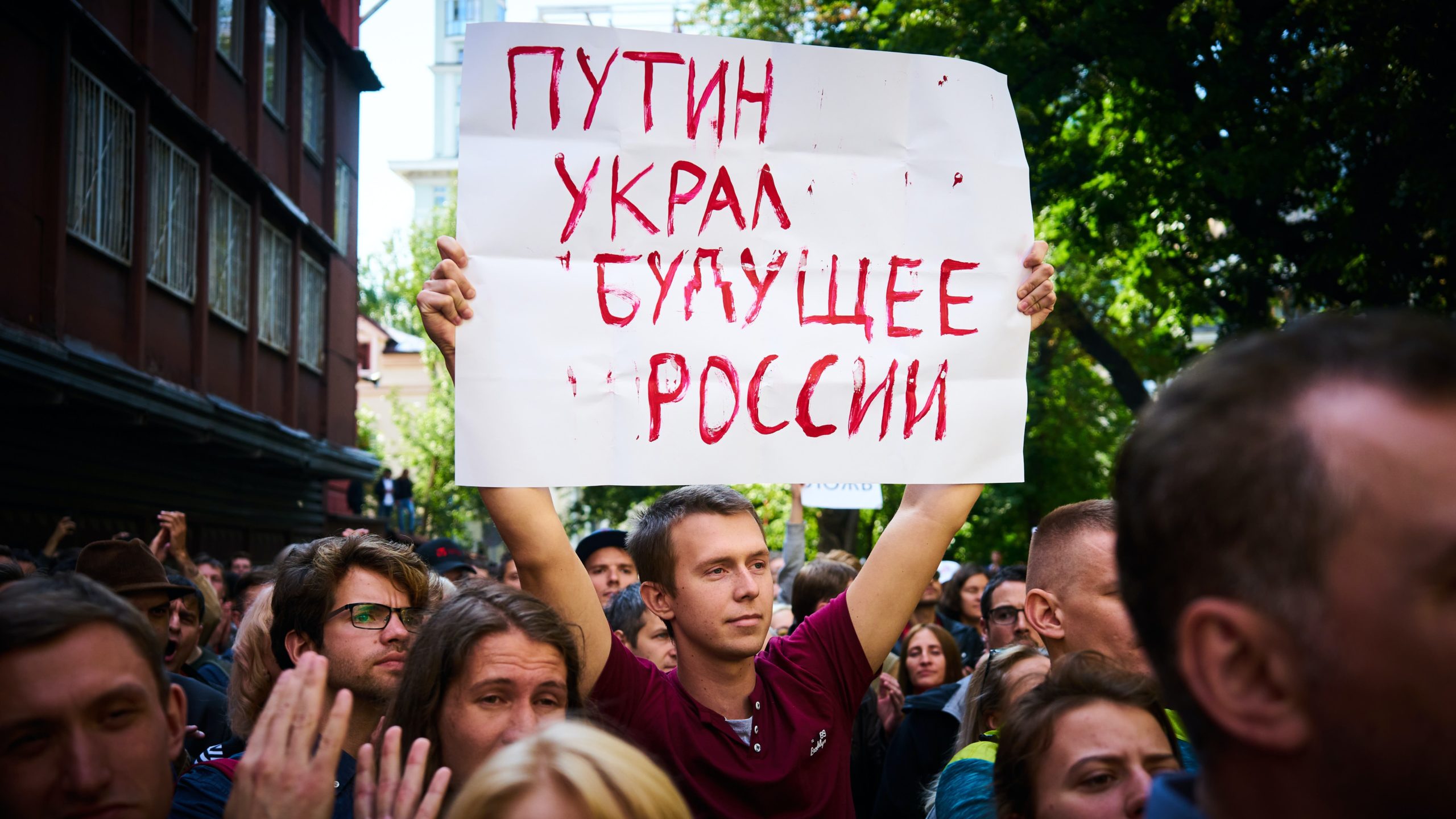[Written by ANONYMOUS]
[Photo by Valery Tenevoy on Unsplash]
For many of us, the start of 2021 has been marked by continued isolation and instructions to stay inside. The world has felt small and by now our perfectly rehearsed routines have somehow further codified into our, not so new, ‘normal’. As part of our retreat, solidarity has taken on a different meaning. Our public duty has been framed as a matter of staying at home, a demand that is now enforceable by law. Therefore, we have been challenged to think of new ways to extend solidarity beyond the remit of the indoors.
With the setting of this challenge, individuals within communities and across the UK, have mobilised to volunteer for the NHS, signed up to help local food banks, and created local community networks to support the vulnerable. They have also raised money for the NHS through various creative and physical activities, signed petitions, and donated money. The rapidness of solidarity’s execution was quite remarkable. It abruptly forced us to reflect on how disconnected we had become from the local, while simultaneously reminding us of the toolkit we all have at our disposal to regenerate our community.
What also became clear, was that in these touching moments of civic solidarity, issues of justice were not confined to the local context. Last year, amongst many other things, was dominated by activism and people across the world taking to the streets. We witnessed movements from Hong Kong to Belarus, with the most recent taking place in Russia.
Moreover, debates have emerged, questioning the ‘success’ and efficiency of protest movements, which are often seen to be short-term and unable to implement structural change. However, if this is the case, why are governments so threatened by protests and why are they so frequently met with state repression and violence? Are our measurements for success misleading?
There is no straightforward answer. However, the treatment of protests in a simple cause-and-effect framework significantly distorts their underlying evolutionary process. The unfolding events of a protest are fed to us through the media’s updates, and the ‘old’ comments lose value in seconds; they are seemingly banished into oblivion. Then, all of a sudden, the updates stop. The protest is over, and we are left with a perfectly presented chain of events from start to finish. One could easily be fooled into thinking that the movement has had no impact and has been buried forever.
The reality, though, is not so simple. Protests are not singular, unconnected events that occur in isolation. They are embedded in and reflect a wider context that is often too easily ignored. They are not born overnight and similarly, when they stop, they are not gone.
The beginning of February 2021 marked the third consecutive week of protests taking place across Russia. Prior to the protests, we learnt about Navalny’s arrest, Putin’s palace, the detention of Navalny’s aides, office raids and the Government’s active attempts to block social media pages that called on people to mobilise. Once the protests ‘concluded’ in the first week of February, we reflected on the violence and repression peaceful protestors were met with, the staggering 11,000 odd arrests across Russia and the statement from the Navalny-led opposition to stop all protests until the spring/summer.
Regardless, what is missed in the telling of this story is that the motivation for the protest extends further than Navalny’s recent arrest. Putin’s third and fourth terms as President have been marked by instability. In the last 10 years or so, his regime has witnessed ongoing and consistent challenges, which have primarily taken the form of anti-corruption protests. Frequently, campaigns that began as local concerns, whether that be environmental, social, or economic, have spread afield and resonated with the wider population. This has led to local issues such as: the construction of landfills, anti-pension reform and the demolition of thousands of apartment blocks. These became politicised issues, that have fed into the wider narrative of the anti-corruption movement.
On top of this, there have been ongoing and direct attempts to politically challenge Putin and his party, United Russia, at local and state elections. This has resulted in protests against the continued exclusion of opposition candidates from ballots and the introduction of ‘Smart Voting’ in 2018 by Navalny and his team. ‘Smart Voting’, similar to tactical voting, is premised on the idea of advising individuals on who to vote for in the election, in order to best coordinate and boost oppositional votes against the United Russia candidate.
It is hard to say how effective ‘Smart Voting’ is, but in 2018, the incumbent United Russia governor of Khabarovsk region, lost the election in a landslide to Sergei Furgal (Liberal Democratic Party of Russia). The government did not take that loss lightly, and in 2020 removed Furgal from office by arresting him on baseless ‘murder’ charges. Locals have been protesting ever since.
Whilst this is a somewhat reductive account, the point is firstly to highlight, how connected protests are to the community, secondly to show that protests do not spring up overnight and instead operate within a wider context, and thirdly to reflect on the importance of supporting and mobilising beyond local contexts. Justice needs closely-knit bodies to extend across communities and to create a protected space of challenge and solidarity.
The protests in Russia have not ended in the same way that they have not just started. On the 14th of February, people across the country gathered together from the safety of their homes and backyards to shine lights into the sky. They captured and posted this event on social media, thus extending, and consolidating the space of solidarity. The rest of us sat at home in isolation, less vigilantly committed to the local as in March 2020. But we should not take such events for granted because they are the starting point for genuine, outward change.

